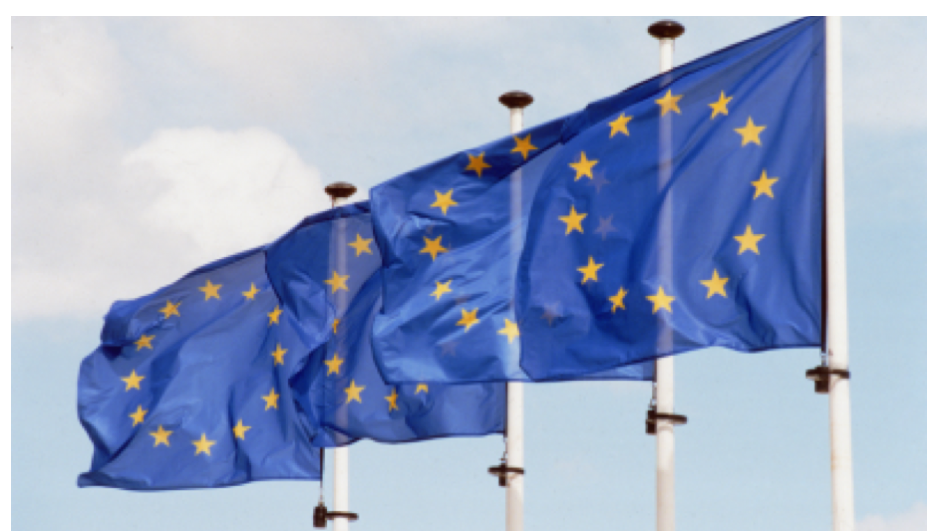- The European Union’s Council of Ministers have formally given their nod to the clearance of Clean Energy for all Europeans Package
- The package will set European Union on a path to energy transition which the European Commission says will be good for one and all
- Member states will now be required to officially improve energy efficiency to 32.5% and increase the share of renewables to 32% in their energy mix by 2030
- Cross-border trade of electricity will be encouraged between member states as per the plan which has strengthened the role of the Agency for the Cooperation of Energy Regulators
- Consumers will be able to produce, store or sell their own energy and will exercise greater choice flexibility under the package
With the European Union’s Council of Ministers giving its nod to the Clean Energy for all Europeans legislation package, the region has cleared the way for all EU member states to include the new energy directives into their regulatory process. In March 2019, the European Parliament approved the package and passed it on to the Council of Ministers for clearance to be turned into law (see European Electricity New Market Design Proposal Passed).
The EU said these new rules will reinforce and put consumer rights at the heart of its energy transition and called these good for consumers, good for growth and jobs and good for the planet. As per the package which was first proposed by the European Commission (EC) under President Jean-Claude Juncker in 2016, all EU member states will now be required to improve energy efficiency to 32.5% by 2030 and contribute for the EU to reach at least a 32% share of renewables in the energy mix by 2030 as well.
The new rules will also make it easier for renewable energy to be integrated into the grid while encouraging more inter-connections and cross-border trade and spur investment. Member states will need to draft plans to prevent and prepare for any possible energy supply crisis situation in coordination with each other by working in close coordination with the Agency for the Cooperation of Energy Regulators (ACER).
All member states have submitted draft National Energy and Climate Plans (NCEP) for 2021-2030 that detail a roadmap on how they plan to achieve the EU targets. The EC is currently analysing these plans and is expected to issue country-specific recommendations before the end of June 2019.
The rules will also lead to proliferation of energy prosumers as consumers will be able to produce, store or sell their own energy and will exercise greater choice flexibility.
“By providing a modern, stable legal environment and setting a clear and common sense of direction, the EU can stimulate the necessary public and private investment and bring European added value by addressing these challenges together,” stated the EC.
The entire Clean Energy for all Europeans Package is accessible on the EC website.
European solar PV lobby association SolarPower Europe says European Union’s binding national 2020 targets pushed the continent to install 11.3 GW of solar in 2018, representing a 21% growth over the previous year. Under the medium scenario of its Global Market Outlook released in May 2019, it expects Europe to grow by over 80% YoY to 20.4 GW in 2019 and another 18% to 24.1 GW in 2020 (see SolarPower Europe: 800 GW New PV By 2023).












